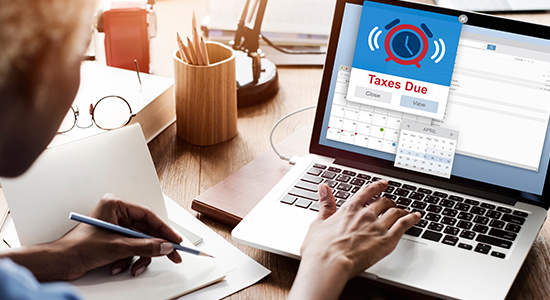Tax Tips and Tax Scam Alert
Tagged as: Protecting Your Accounts

Tax Tips and Tax Scam Alert
Meet Us
We're your neighbor! Learn how we put our members and community first.
Become a Member
Join 1st United Credit Union today!
Checking Accounts
Whether you like dividends, rewards, or just "free," we have the account for you.
Subscribe to Our Blog
* Required
We appreciate your interest.

